Education
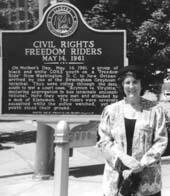
Carol Ruth Silver
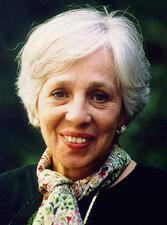
Maxine Singer
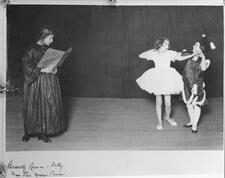
Sisterhoods of Personal Service in the United States
Sisterhoods of Personal Service coordinated the philanthropic work of synagogue sisterhoods across New York City and the United States in the late nineteenth and early twentieth centuries, assisting a considerable number of immigrants through a variety of financial, vocational, educational, and social programs.
Chava Slucka-Kesten
Chava Slucka-Kesten started teaching in Warsaw before World War II and continued her career through the war in Moscow. After the war she became an author and sustained her political involvement. Writing from the perspective of a politically engaged woman, Slucka-Kesten offers a unique glimpse into pre- and post-war Jewish life in Poland’s cities and villages, as well as into the early years of the State of Israel.
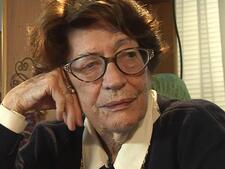
Michal Smoira-Cohn
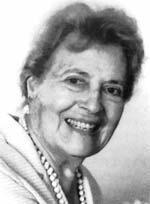
Virginia Snitow
Virginia Levitt Snitow was a multifaceted woman who was a teacher, political activist, pre-Second Wave feminist, poet, writer and founder of US/Israel Women to Women. Ahead of her time in the fight for both civil and women’s rights, Snitow was unafraid to take unpopular stances when fighting for others.
Sociodemography
Over the last several decades, Jewish women attained significant achievement in the socio-economic sphere and played a leading role in maintaining Jewish continuity. In general, Jewish women are educated and participate in the labor force at higher rates than their non-Jewish counterparts.
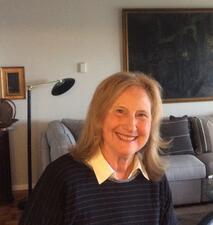
Sociology in the United States
Jews have made a disproportionate contribution to the field of sociology, despite discrimination and exclusion. Because sociologists are not identified by religion, it is difficult to know which American women sociologists are Jewish. Therefore, the first challenge in understanding the contribution and experience of American Jewish women sociologists is to identify them.
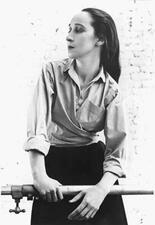
Anna Sokolow
Anna Sokolow (1910-2000), an American dancer and choreographer of Russian-Jewish descent, danced with the early Martha Graham Company and created many international dance-theater works of social and political significance.
Barbara Miller Solomon
Barbara Miller Solomon was not only an educator but a pioneer in the field of women's history. Named the first female dean of Harvard College in 1970, she laid the groundwork for the formal establishment women’s studies there. Her scholarship on the history of immigration and women's history remains influential today.
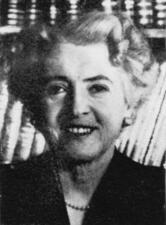
Bertha Solomon
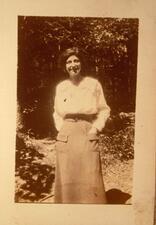
Maida Herman Solomon
Professor of social economy Maida Solomon was recognized as a pioneer in the field, contributing to the “invention” of the field of psychiatric social work and overseeing its definition, its development of standards, and its integration with the other institutions of modern American medicine and education—in short, its professionalism.
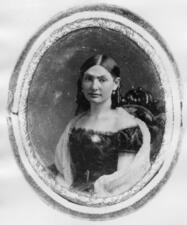
Hannah Marks Solomons
Hannah Marks Solomons was an influential San Francisco educator and civic worker, as well as the wife of a leading member of the Jewish community.
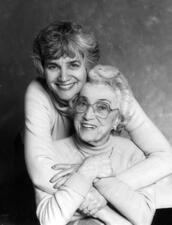
Miriam Belsky Solotaroff
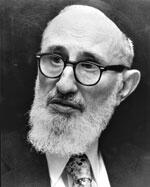
Soloveitchik, Rabbi Joseph Dov
Joseph Dov Soloveitchik shaped Jewish practice and public opinion through the era of second-wave feminism. Despite his sometimes progressive actions, Soloveitchik maintained that women and men had separate religious and familial roles. These positions from the leader of the Modern Orthodox community cemented resistance to Orthodox feminists’ demands to increase their participation in Jewish rituals.

Judy Somberg

Susan Sontag
Susan Sontag was one of the most prominent American writers of the twentieth century. Her work across cultural criticism, fiction, drama, and film, as well as her public persona, made her an icon of the New York intelligentsia whose writing on photography, illness, and art continually inspire engagement and debate.
Alice Hyneman Sotheran
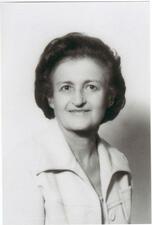
Johanna Spector
Johanna Spector was an influential ethnomusicologist whose writings, recordings, and film projects documented the music of little-studied Jewish communities from around the world. After surviving the Holocaust, Spector earned her doctorate, founded the ethnomusicology department at the Jewish Theological Seminary, established the Society for the Preservation of Samaritan Culture, and served as president of the Asian Music Society.
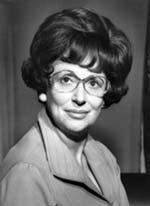
Gladys Noon Spellman
During her five years in Congress, Gladys Noon Spellman was a voice for fiscal reform. Elected in 1975, Spellman served on the Committee on Banking, Currency and Housing, the Democratic Steering and Policy Committee, and the Committee on Post Office and Civil Service. Her service coincided with a period of American politics in which Jews were becoming increasingly visible, both as voters and as elected officials.
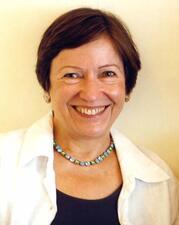
Ruth Sperling
Dora Spiegel
Dora Spiegel served in many fields, including education, the organization of league sisterhoods, and publications stimulating women’s loyalty to the synagogue and the Jewish home. She helped found the Women’s Institute of Jewish Studies at the Jewish Theological Seminary of America, influencing the lives of countless Jewish women and children.
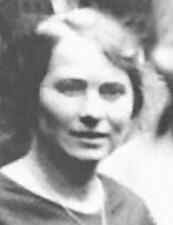
Sabina Spielrein
Miriam Spira-Luria



